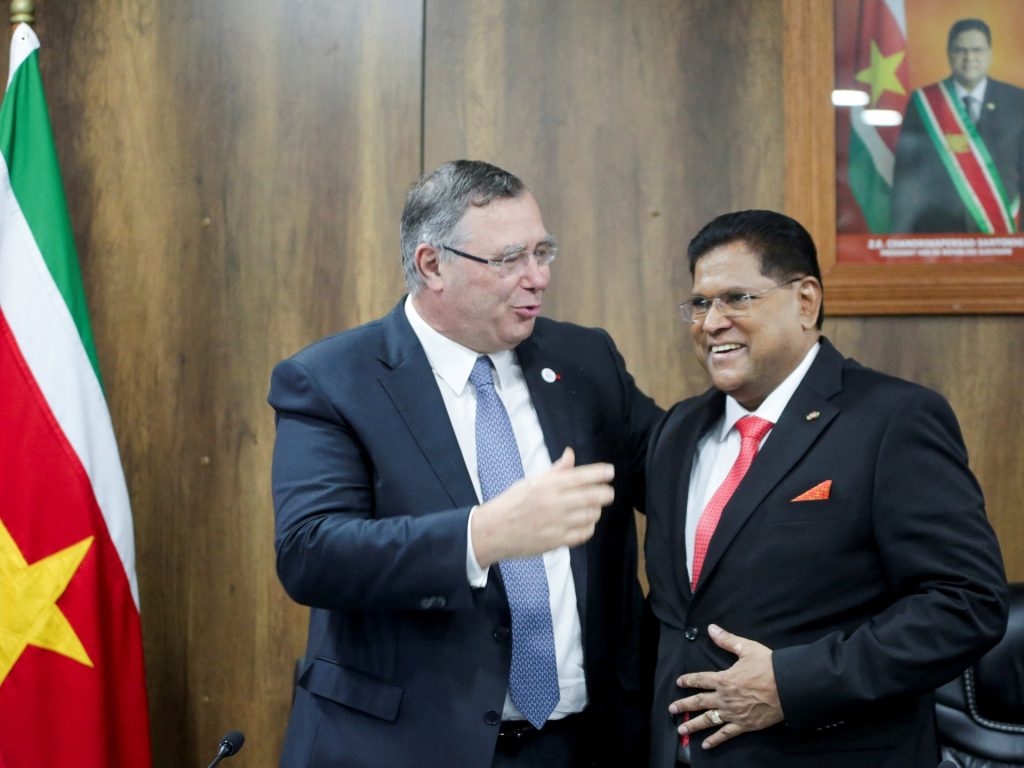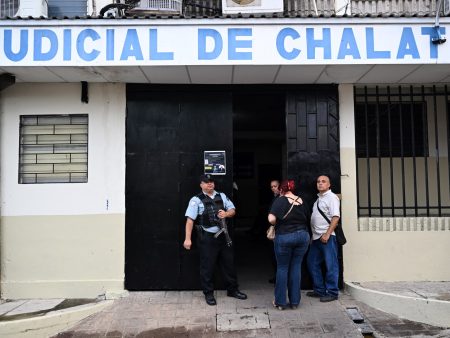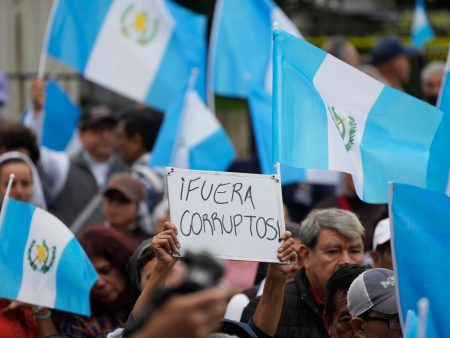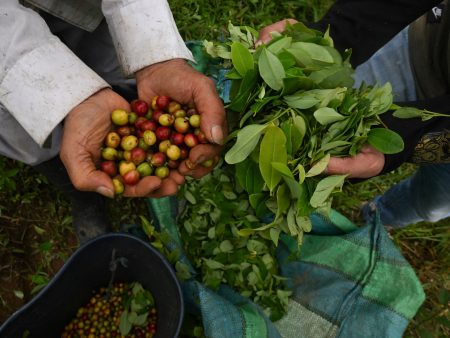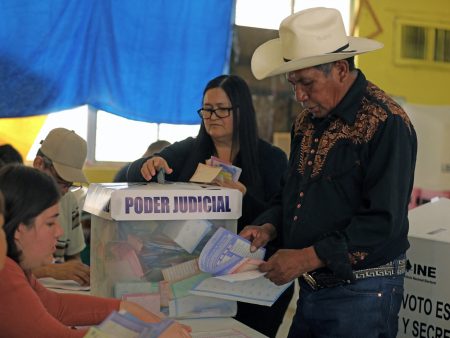Suriname, the small South American nation, has embarked on a transformative journey following substantial offshore oil and gas discoveries. President Chan Santokhi has announced the “Royalties for Everyone” (RVI) initiative, designed to equitably distribute the future earnings from the nation’s natural resources, particularly from the promising Block 58, projected to yield about $10 billion over the next two decades. This groundbreaking policy proposes that every Surinamese citizen will receive a savings note valued at $750, complemented by an annual interest of 7 percent, which is anticipated to be funded by the impending royalty income from the Block 58 project when production begins in 2028. By taking this proactive approach to resource wealth, Suriname aims to catalyze significant socio-economic changes in the lives of its citizens, ensuring that the benefits of natural resource extraction are shared inclusively across society.
The discovery of the offshore reserves has taken place primarily in Block 58, a comprehensive project amounting to $10.5 billion, located approximately 150 kilometers off Suriname’s coastline. Operated by TotalEnergies in collaboration with Apache Corporation, Block 58 has the potential to produce up to 220,000 barrels of crude oil daily. This represents a substantial opportunity for Suriname to leverage its territorial resources, considering its historical context as a former Dutch colony that gained independence in 1975 while still maintaining Dutch as an official language. The discoveries of natural resources off the coast of Suriname parallel those in neighboring Guyana, which, while also experiencing a similar oil boon, has taken steps to provide financial compensations directly to its citizens, further contextualizing Suriname’s RVI initiative in the regional framework of wealth distribution from natural resources.
Suriname’s recent oil exploration and discovery narrative can trace its roots back to early 20th century attempts but gained significant traction in 1965 with the commercial discovery of oil in the Calcutta Field. The establishment of Staatsolie Maatschappij in 1980 marked a pivotal transition towards state control over oil resources, yet it wasn’t until the renewed interest in exploration in the 2000s, topped with TotalEnergies’ entry in 2019, that prospects began to show promise. Malevolent experiences from countries rich in oil have led surmised fears about the “oil curse,” or “Dutch disease,” where monetary inflows from natural resources do not translate effectively into enhanced economic growth, as seen in nations like Venezuela and Algeria. However, Suriname is set to counteract these challenges by establishing a sovereign wealth fund akin to the successful Norwegian model to mitigate economic instability linked to oil market fluctuations and to ensure long-term sustainability and benefits.
The context of oil wealth in Suriname and its neighbor Guyana begs the question of whether such natural resource abundance will positively impact the economic prospects of these nations. Santokhi is mindful of the lessons from other resource-rich countries and is emphasizing the importance of a strategic approach that includes institutional frameworks for transparent governance and accountability over the distribution of wealth. While Suriname seeks to learn from the examples of oil-driven economies globally, its poverty statistics reveal stark realities: a national rate of 17.5 percent based on the 2022 Poverty and Equity Assessment, which is significantly higher than the global average. Guyana, on the other hand, has even more alarming poverty figures at 48.4 percent, signaling deep structural challenges that need addressing despite the optimism surrounding oil production there.
Drawing comparisons with countries employing resource wealth for citizen benefits, Suriname’s initiative echoes practices observed elsewhere. Mongolia, for instance, established the Human Development Fund to channel mining revenues to its population, although it has since undergone structural changes to enhance economic stability. On the African continent, Botswana’s Sovereign Wealth Fund demonstrates a more restrained approach, channeling diamond revenue for long-term economic resilience rather than direct payouts. In the United States, Alaska exemplifies a successful model with its Permanent Fund Dividend providing cash dividends to residents funded by oil revenues. These examples illustrate a spectrum of strategies adopted globally to navigate the complexities of resource wealth management and distribution.
Suriname’s forthcoming energy story resonates with rising expectations but is tempered by the realization that simply extracting wealth is not a panacea for existing socio-economic challenges. The RVI initiative holds promise not only to provide direct benefits to citizens but also to foster more substantial investment in social programs, infrastructure development, and healthcare systems required to uplift populations living in poverty. If managed effectively, Suriname can construct a framework that not only protects against volatility and mismanagement but also elevates citizen engagement and long-term educational initiatives to optimize this unprecedented opportunity. As production begins on the horizon, the world will be watching to see if Suriname’s approach sets a precedent for responsible resource wealth distribution, with the potential to significantly alter its developmental trajectory amid the realities of oil and gas dependency.




